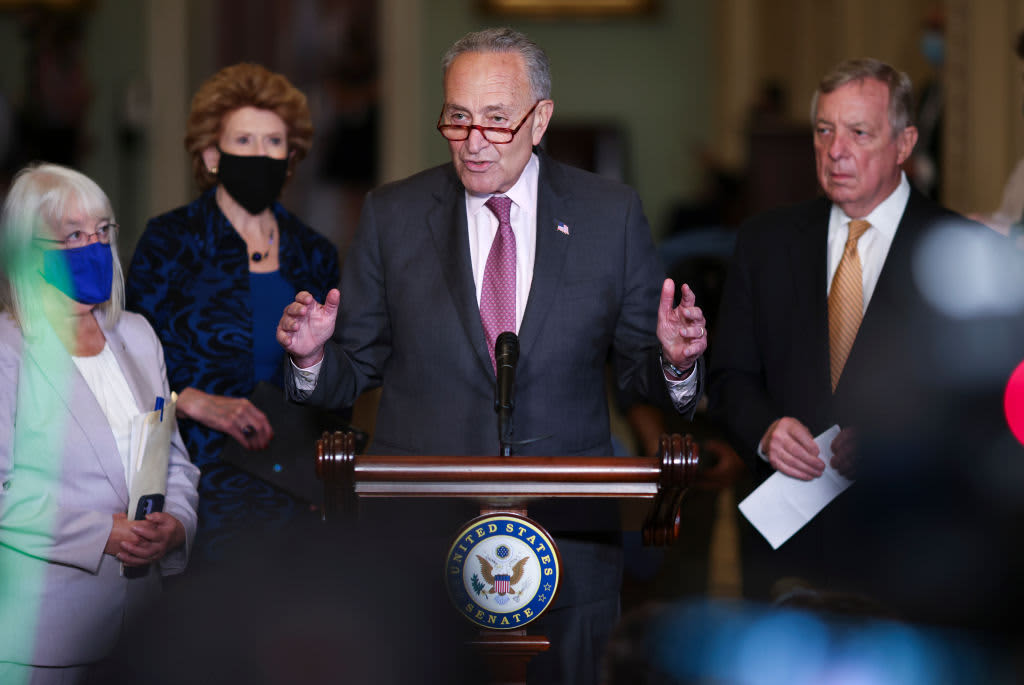As the debate over the $3.5 trillion spending bill continues in Congress, one of the provisions that has come under fire is the proposal to make community college tuition-free for all Americans. Advocates argue that this measure would help to expand access to higher education and provide economic opportunities for millions of Americans. However, opponents argue that the cost of such a program would be prohibitively high and would add to the nation’s growing deficit.
The idea of free community college has gained traction in recent years, with several states already implementing similar programs. Proponents argue that making community college tuition-free would help to level the playing field for low-income students and reduce the burden of student loan debt for millions of Americans. They also argue that investing in higher education is essential for a competitive and thriving economy.
However, the cost of such a program has been a major sticking point for many lawmakers. The $3.5 trillion spending bill is already facing opposition from moderate Democrats who are concerned about the impact on the federal deficit. Some lawmakers have suggested that the cost of the free community college program could be too high and that funds would be better spent on other priorities.
Despite the opposition, proponents of free community college remain optimistic about the program’s potential benefits. They argue that investing in education is a long-term investment that will pay off in the form of a more educated workforce and a stronger economy. They also point to the success of similar programs in other countries, such as Germany and Finland, where free higher education is already the norm.
As the debate over the $3.5 trillion spending bill continues, the fate of the free community college proposal remains uncertain. It is clear that there are strong arguments on both sides of the issue, and lawmakers will have to carefully weigh the costs and benefits before making a decision. In the meantime, advocates will continue to push for the inclusion of the program in the final bill, arguing that the benefits of free community college far outweigh the costs.
